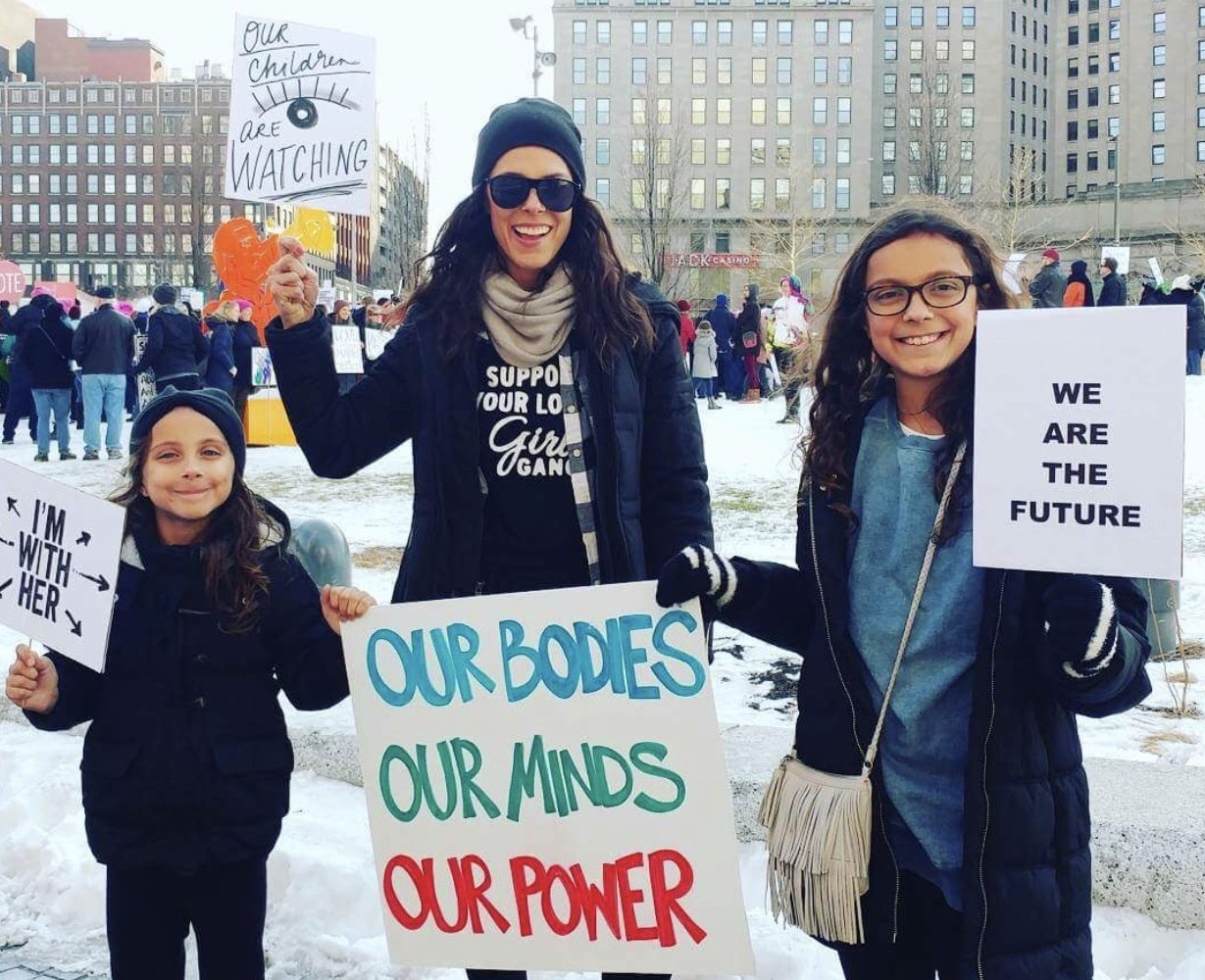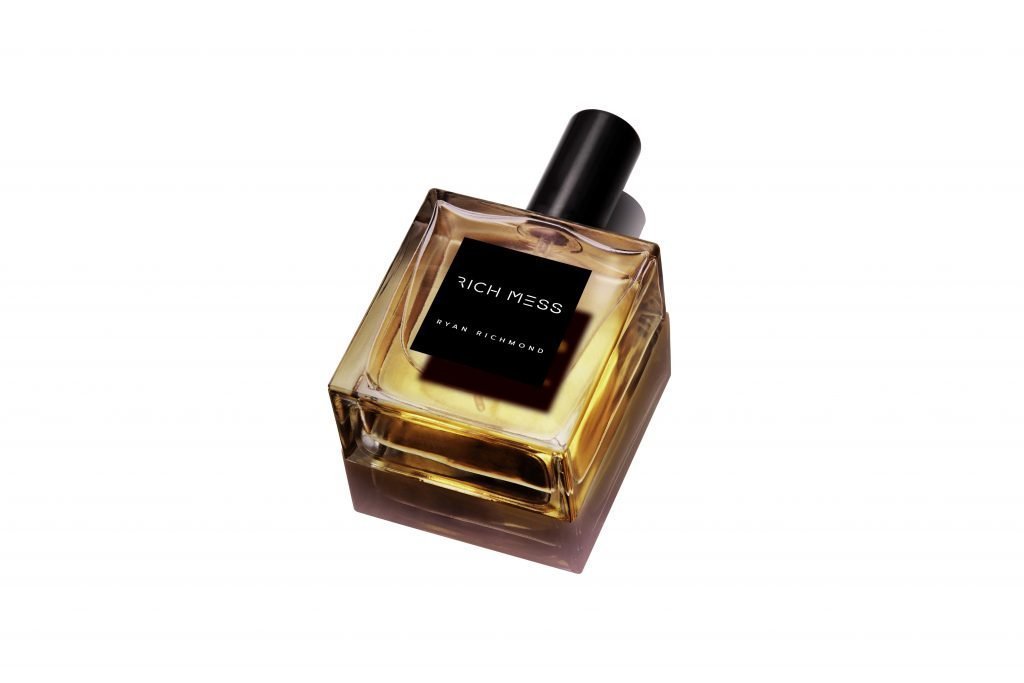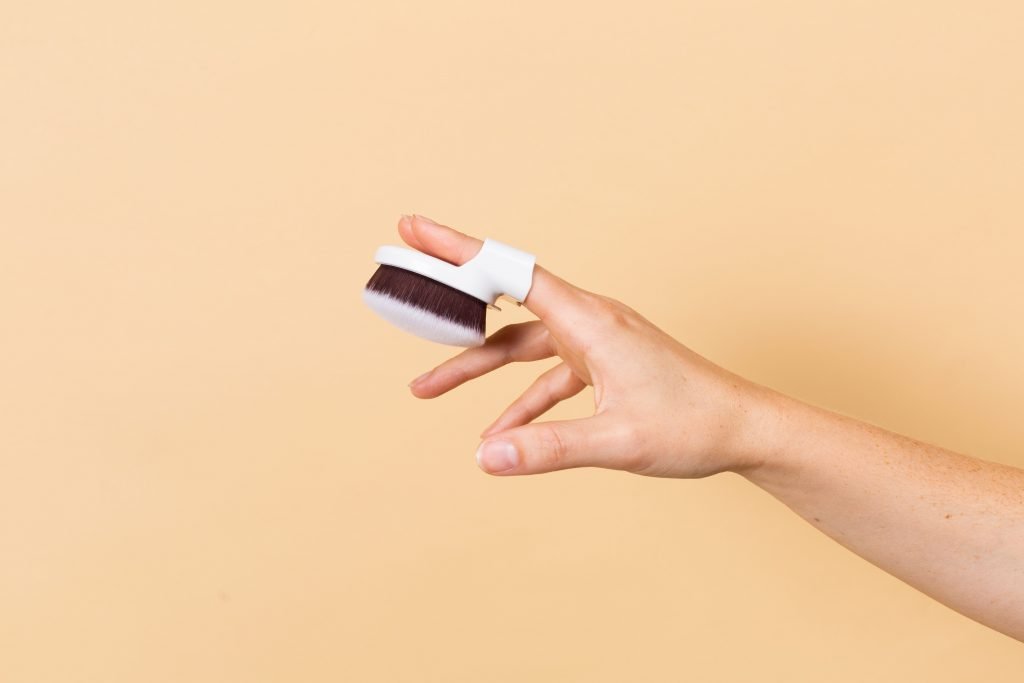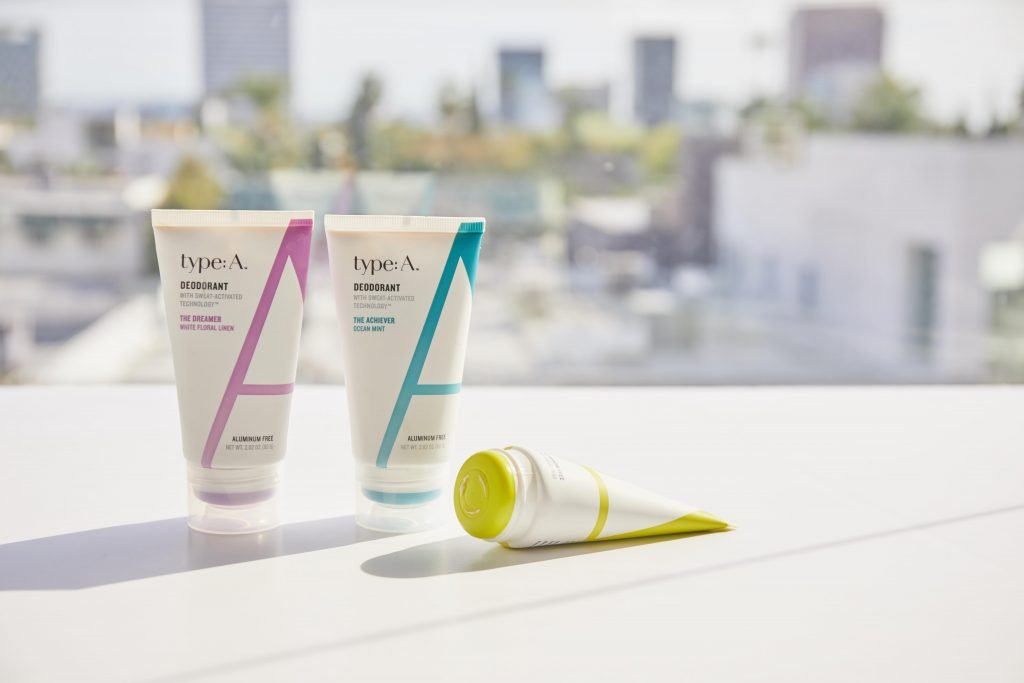
Will Indie Beauty Brands Take Sides In The Upcoming US Presidential Election?
As the United States plunges into the presidential primaries, its divisions are being laid bare in communities across the country, polling data, Twitter posts and Democratic presidential candidate debates, which start up again today.
Brand founders operating within the contentious political climate are faced with a choice between being vocal about their opinions of candidates to drum up support for them or staying mum to avoid alienating customers leaning in another direction. While venturing into politics can backfire, particularly for beauty brands with broad customer bases, the desire for a better government and society is leading some beauty entrepreneurs to take sides.
Unisex fragrance brand Rich Mess is planning to openly back the Democratic presidential candidate once he or she has been determined. Brand manager Kaley Thorson explains “the Trump administration’s continued efforts to strip away protection and safety for the LGBTQ+ community and other marginalized communities” has compelled Rich Mess to favor President Donald Trump’s future opponent.
Rich Mess has opted not to pick a candidate in the Democratic primary so far. Thorson says the brand’s Democratic presidential candidate neutrality is because there remains a lot to know about the various contenders and the policies they’re promoting. “The candidates still have an entire year to impress or disappoint us,” she reasons. “Even over the course of the last six months, circumstances have changed.”

Nicole Dzurko, founder of Revival Body Care, will support the Democratic presidential nominee after the primaries conclude. It’s too soon now, she argues, to settle on a candidate. Dzurko says, “I am still learning more about them as we are still in the debate phase.” Because Revival Body Care is located in Ohio, historically a swing state and predictor of the presidential election victor, her outspokenness for the Democratic presidential nominee could be especially meaningful.
“As a woman, mother of daughters and entrepreneur that feels strongly about the treatment of the human race and our planet, my stance is to speak loud via this platform and encourage action by voting, reaching out to politicians and being the change we want to see,” says Dzurko. “I am open to having productive dialogue about important issues that affect human rights and the environment via my brand’s platforms. Ultimately, I want to remind people that we do have a voice, and that starts with voting.”
“As a woman, mother of daughters and entrepreneur that feels strongly about the treatment of the human race and our planet, my stance is to speak loud via this platform and encourage action.”
Dzurko hasn’t been shy about her political activism in the past. She shared photos of her and her daughters at the Cleveland Women’s March on her company’s Instagram and Facebook accounts. She reports the photos received positive attention. In addition, Dzurko provides phone numbers and educational resources on social media to urge her followers to engage with political causes.
Adiya Dixon Wiggins, founder of Yubi Beauty, another brand headquartered in Ohio, says she is currently “watching and listening” to the Democratic presidential hopefuls. Her geography influences her brand’s forthcoming political involvement, not just because Ohio is a battleground state, but also because she details it has “a host of problems that impact women and families” such as a high maternal mortality rate for women of color and a growing wage gap.

“We believe that as citizens—both individual and corporate—we have the responsibility to participate in our democratic process,” says Dixon Wiggins. “We will be paying particular attention to candidates that propose thoughtful solutions to issues of equal pay, maternal health, paid family leave and early childhood education among other fundamental human rights issues.”
Expressing a political position is a strategy beauty brands could pursue to stand out in a crowded field. “The products are so similar and the market is so cluttered that many beauty brands are desperate to try to break out and will jump onto anything that gives them a chance to stand out,” says Allen Adamson, an adjunct associate professor at the NYU Stern School of Business and co-founder of the marketing firm Metaforce. Taking political positions may be more appealing to smaller brands with narrow target audiences that are generally unified in their views rather than larger brands attempting to placate a wide range of consumers. Adamson stresses, “You just need to know who you’re talking to.”
“You want to hang out with people and brands that agree with you because it’s less stressful than hanging out with people and brands that don’t agree with you.”
As they grab for millennial and gen z consumers with increasingly liberal inclinations, brands from big to small have embraced a so-called woke capitalism that weighs in on issues often dealing with inclusivity to stoke awareness and sales. According to Adamson, companies can benefit from political candor if companies and their customers have similar opinions. He says, “You want to hang out with people and brands that agree with you because it’s less stressful than hanging out with people and brands that don’t agree with you.”
But it’s risky for brands to delve into politics because they could estrange customers with perspectives the brands don’t share and seem disingenuous if they don’t have a track record of political activism. “Politics in the U.S. and many countries has become a no-win game,” says Adamson. Given the risk, most brands will steer clear of getting behind a specific presidential candidate. Aluminum-free deodorant brand Type:A is in the majority group keeping its communications largely non-political.

“To take a strong political stance and put effort behind sharing or promoting that takes away from our mission as a company: to help people lead healthier lives without sacrifice,” says Allison Moss, founder of Type:A. “We’re hyper-focused on our task at hand and feel that’s the best way we can be helpful to our society. The one stance we do have as a brand and company is to encourage everyone to vote. Each and every vote does add up and make a difference.”
The nearly 30-year-old non-profit organization Rock the Vote pioneered company get-out-the-vote efforts with an MTV partnership intended to amplify the youth vote. Despite the high-profile nature of the partnership, the voting participation of Americans aged 18- to 29-years-old hasn’t changed much in decades, and less than half of them typically vote in presidential elections. The resistance of voters to company political messages demonstrates the limits of those messages.
Adamson asserts that brands aren’t going to affect people’s votes, even if they may gain a competitive advantage by being outspoken politically. The brands consumers follow are “usually just confirming [their] own beliefs,” he says. “People aren’t going to say, ‘They believe this, so I’ll change my vote.’”
Key Takeaways
- Speaking out about the election is risky in today’s volatile political climate, but may be advantageous for brands with unified customer bases.
- Beauty brands in particular may benefit from being vocal politically because it’s hard for them to distinguish themselves in an incredibly crowded market.
- Most beauty brands have not come out in favor of a specific presidential candidate yet, but some will support the eventual Democratic presidential nominee. The majority, however, won’t back a specific candidate. If they weigh in on the election at all, it will be to encourage Americans to vote.
- The political positions brands take may appeal to their customers, but probably won’t sway voters to participate.
Feature image credit: Nicole Dzurko, founder of Revival Body Care





Leave a Reply
You must be logged in to post a comment.